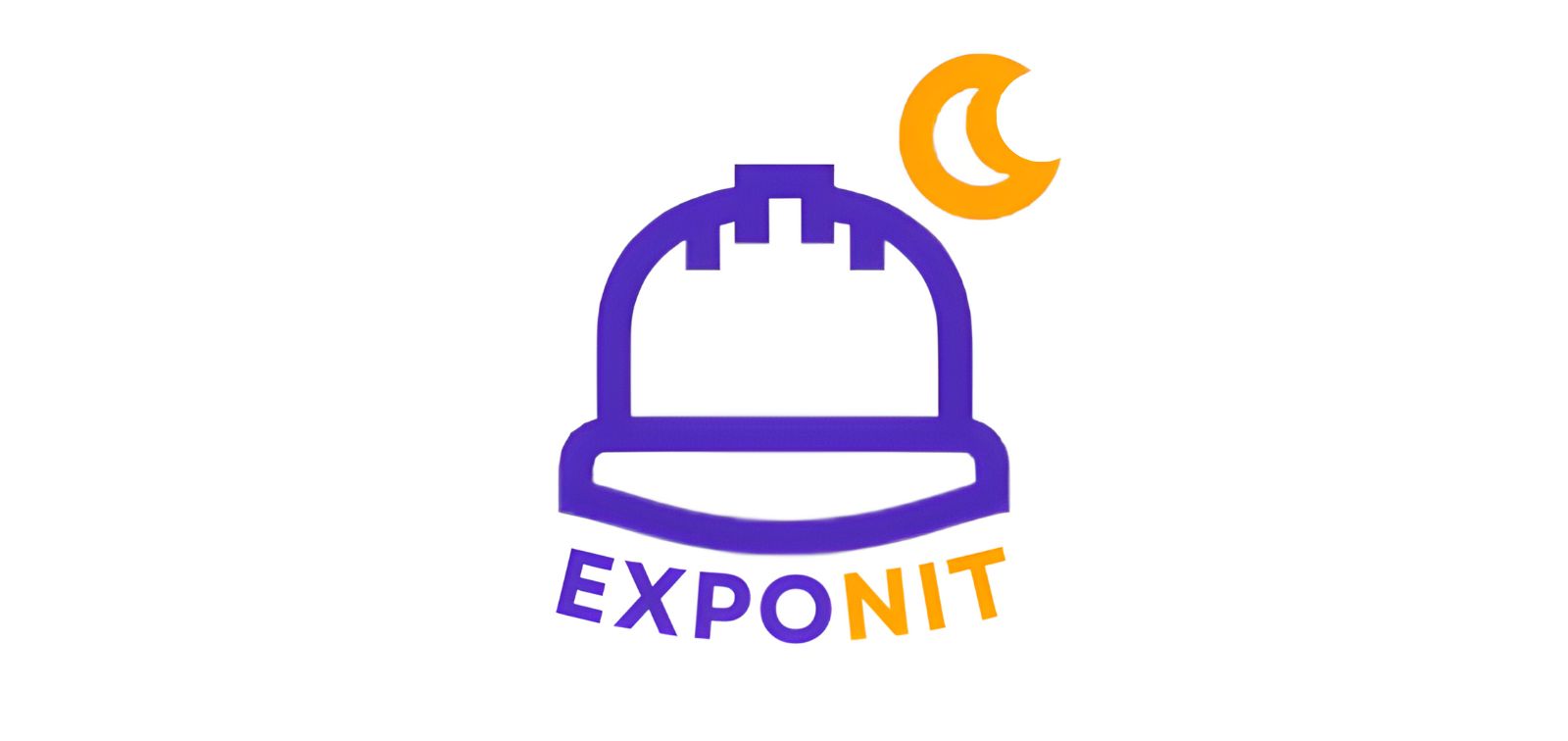EXPONIT
Analysing and studying how night shift work affects workers' circadian rhythms and health

- Duración
- 01/01/2020 - 01/12/2025
- Coordinador
- Manolis Kogevinas / Barbara Harding
- Financiadores
- EU Horizon 2020 grant agreement No 874703 and FIS PI22/01683
Prior research suggests that long-term disruption of circadian rhythms may be associated with a wide range of common non-communicable diseases and impact healthy aging. To further our understanding of how night shift work-related exposures as well as outside lifestyle and environmental factors impact overall health, we will be examining a wide range of exposures, biomarkers and outcomes among participants who are engaged in night shift work (exposed) and among day shift workers (non-exposed) as a comparison group. At the end of the study, we will provide guidelines for the best adaptation to night shift work.
This study will be conducted by researchers from the Barcelona Institute for Global Health (ISGlobal) with the support of the Department de Treball de la Generalitat de Catalunya. Similar studies will also be conducted in Sweden, The Netherlands and Denmark (EPHOR Study). Together this is expected to be the largest study to date with this level of information on the working life exposome among night shift workers. Samples will be analyzed in the Municipal Institute of Medical Research (IMIM-Hospital del Mar) and the University of Leuven (Belgium). The study is funded by the European Union.
EXPONIT Project is the name we use in Spain to refer to one of the Work Packages (WP) within the EPHOR Project. The EXPONIT Project focuses specifically on analyzing and studying how night shift work affects the circadian rhythms and health of workers.
Main goal
The main objective of the EXPONIT study is to examine how environmental, lifestyle and work-place exposures impact cardiovascular health, cardiometabolic health and aging. Of key interest is how exposure to light during the nighttime, and the corresponding circadian rhythm disruption, impacts health.
We plan to enroll a total of 400 participants from Spain in this study, including particpants from the Transportes Metropolitanos de Barcelona (TMB), Clinic Barcelona hospital, and Parc de Salut Mar. Half of the participants will be night shift workers and half of the participants will be day shift workers.
Research Group
Environment and Health over the Lifecourse (EVOLVE) (Manolis Kogevinas group)
Follow the project on social media
Nuestro equipo
Equipo ISGlobal
-
Ana Alfaro Técnica de investigación
-
 Gemma Castaño Staff Scientist
Gemma Castaño Staff Scientist -
 Barbara Harding Assistant Research Professor
Barbara Harding Assistant Research Professor -
 Manolis Kogevinas Director científico de la distinción Severo Ochoa
Manolis Kogevinas Director científico de la distinción Severo Ochoa -
 Cristina Márquez Técnica de investigación
Cristina Márquez Técnica de investigación -
 María Daniela Mata Investigadora predoctoral
María Daniela Mata Investigadora predoctoral
Otros proyectos
Ver proyectos pasadosMCC-Spain
Estudio multi-caso control poblacional, incluyendo tumores de alta incidencia en España
Proyecto INMA - Infancia y Medio Ambiente
HELIX
Novel tools for integrating early-life environmental exposures and child health across Europe
EGG/EAGLE
Early Genetics Growth/Early Genetics and Lifecourse Epidemiology
PACE
Pregnancy and Childhood Epigenetics
LIFECYCLE
Early-life stressors and LifeCycle health
OMEGA-NET
Network on the Coordination and Harmonisation of European Occupational Cohorts
BiSC (Barcelona Life Study Cohort)
HARMONIC
Health effects of cArdiac fluoRoscopy and mOdern radIotherapy in paediatriCs
Mobilise-D
Connecting digital mobility assessment to clinical outcomes for regulatory and clinical endorsement
EARLY-ADAPT
Signs of Early Adaptation to Climate Change
COVICAT
Cohorte Covid-19 en Cataluña
ATHLETE
Advancing Tools for Human Early Lifecourse Exposome Research and Translation
CONTENT
Cohorte de COVID-19 en España: dinámica social, salud mental y desigualdades
EUCAN-Connect
A federated FAIR platform enabling large-scale analysis of high-value cohort data connecting Europe and Canada in personalized health
OBERON
An integrative strategy of testing systems for identification of EDs related to metabolic disorders
EXPANSE
EXposome Powered tools for healthy living in urbAN SEttings
AURORA 2021
Actionable eUropean ROadmap for early-life health Risk Assessment of micro- and nanoplastics
ONES
Fine Particle Matter, Fetal Growth, and Neurodevelopment: Examining Critical Windows of Susceptibility
AIR-NB
Pre-natal exposure to urban AIR pollution and pre- and post-Natal Brain development
El impacto de la exposición al metaboloma de esteroides materno-fetales en el crecimiento infantil y los resultados neurológicos (IGRO)
Project Code: PI21/01269
NutinBrain
The role of seafood and nut consumption on human neurodevelopment from pregnancy to adolescence
ALTER - Contaminación del aire, microbiota intestinal y neurodesarrollo en los primeros 24 meses de vida
Project Code: PI21/01278
Alimentación S2: por una dieta saludable y sostenible
Estudio sobre la exposición a nano y microplásticos a través del agua de consumo de Barcelona
¿Es mejor consumir el agua de grifo si queremos reducir la exposición a nano/micropláticos?
UrbanKids
Urban and social environment and childhood obesity – a natural moving2health experiment
Laboratorio Ciudadano de Salud Urbana
Planificación urbana, medio ambiente y salud
Characterizing Oral Exposure to Nanoplastics and Microplastics
Characterization of Oral NMP Exposure
iGenCO
In-Depth Genomics and Cross-Omics Analysis for Undiagnosed Rare Diseases on a User-Friendly Collaborative Platform
5G expOsure, causaL effects, and rIsk perception through citizen engAgemenT
GOLIAT
CityExposomeCat
An Exposome Approach to Urban Health: Individualized Environmental Exposure Assessment in an Adults Population Cohort Study (GCAT)
TwinAir
Digital Twins Enabled Indoor Air Quality Management for Healthy Living
Subclinical Infections in Children and Long Term Health Effects
Infection acquisition in early life and health outcomes in childhood - MARATO TV3
UBDPOLICY
The Urban Burden of Disease Estimation for POLICY Making
Exposición prenatal a sustancias poli y perfluoradas en agua de consumo y neurodesarrollo en el inicio de la vida
Project Code: PI20/00829
Base genética materna y fetal de la función placentaria
Project Code: PI20/01116
TOLIFE
Combining Artificial Intelligence and smart sensing TOward better management and improved quality of LIFE in chronic obstructive pulmonary disease
BWater
Drinking Water in Barcelona: Sustainability and Health Impact Assessment
CUPID
INTERCAMBIO
Interventions to promote mental and physical health in changing working environments due to climate change, sustainable work practices, and in green jobs
intoDBP
Innovative Tools to Control Organic Matter and Disinfection Byproducts in Drinking Water
FINDOOR
FTIR spectroscopy for real-time detection of bacterial outbreaks and the rapid identification of pathogenic serotypes, relapsing infections and antibiotic resistance
OccRF-Health
Occupational exposure to radiofrequency electromagnetic fields: From exposure assessment to study of health in workers and their offspring
EPHOR
Exposome Project for Health and Occupational Research
FLAVOBAC
Nuevas moléculas de oro coordinadas con flavonoides contra bacterias patógenas multirresistentes prioritarias




